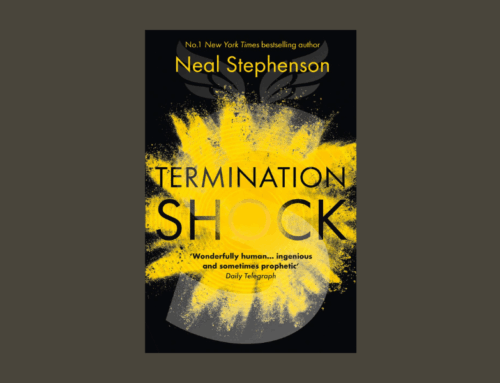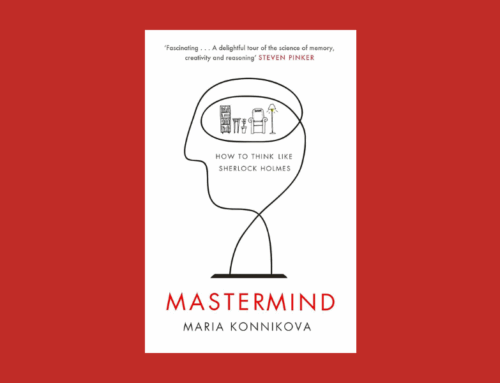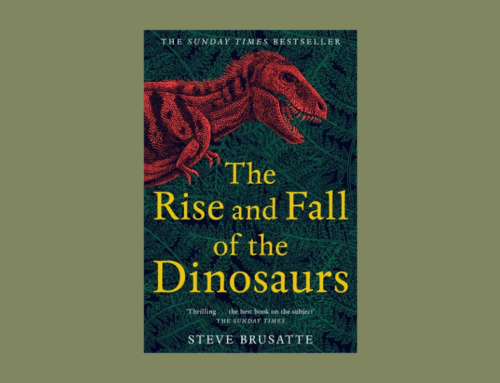By Damla
“Something had shifted nonetheless. I had started on a path of awareness, had perceived something elemental about my brother, my father, myself. I had discerned the ways in which we had been sculpted by a tradition given to us by others, a tradition of which we were either willfully or accidentally ignorant. I had begun to understand that we had lent our voices to a discourse whose sole purpose was to dehumanize and brutalize others – because nurturing that discourse was easier, because retaining power always feels like the way forward.” From Educated: A Memoir by Tara Westover
———-
What do you do when all you have known is abuse, manipulation, and superstition? When one part of you is wrapped up in a harmful family dynamic bound by loyalty and a sense of belonging, while the other is yearning to explore the cost of breaking away from what you have known? When you are pulled back to where you started at every opportunity, except each time, you feel the loss of the new world that has been opened to you?
Tara Westover’s incredible journey of climbing out of ignorance, emotional and physical abuse, superstition, shame, domestic abuse and imposter syndrome is truly inspiring—and chilling. I read about her battles (with her family, with her friends and with herself) breathless and with goosebumps rising, desperate that it would—it must—turn out OK.
Her mix of love and hate for her own family is as understandable and human as it is unbearably frustrating. As she writes about her life the way she remembers it, the clouds of self-doubt, her excuses and tone of awe for her toxic family dynamics and the confusing gaps or contradictions in her memories all build to make this a more authentic (but perhaps less satisfying) memoir. Her strength becomes apparent in her drive for wanting more for herself, despite the doubts, betrayals and obstacles in her path.
To be honest, readers are faced with a great spoiler from the very start: Westover has written her story so eloquently and expresses her thoughts so poignantly and powerfully that it signals her future success. It is clear that not only did she have an eye for observation and prose from a very young age, but in the years to come, she would pull herself out of a generational struggle and make use of her potential. Talk about character development recorded through language and expression.




